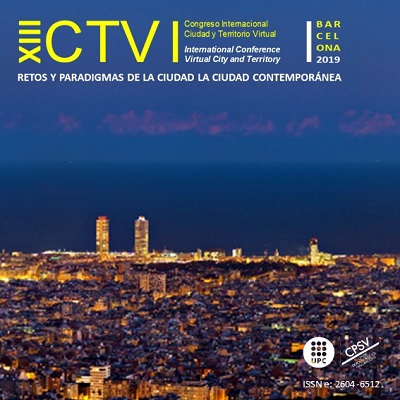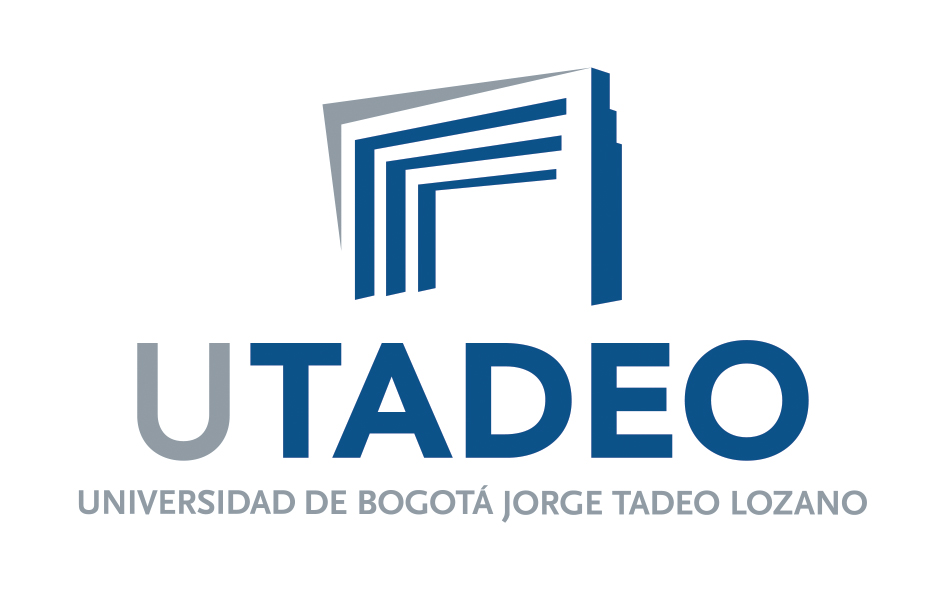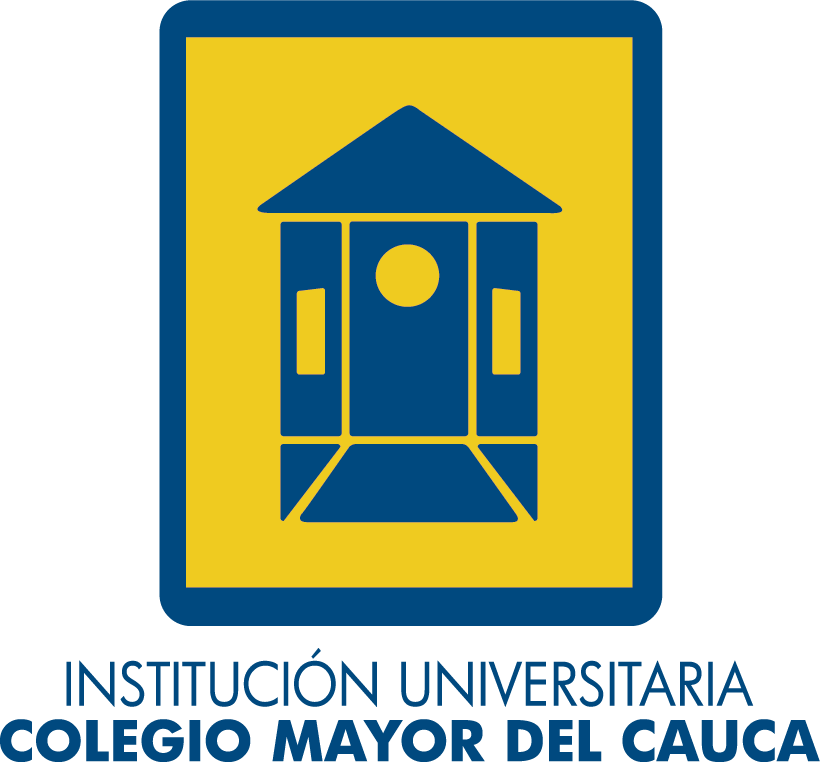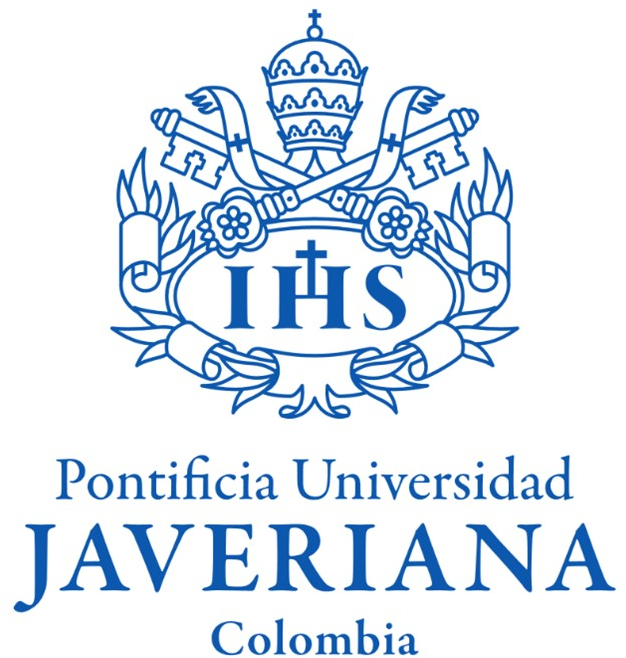The right to the city as a new emerging human right
DOI:
https://doi.org/10.5821/ctv.8492Keywords:
emerging human right, city, ecosocial paradigm, quality of lifeAbstract
Currently, more than fifty percent of the world's population lives in the cities, configured as a meeting place for a modern, innovative and committed multiculturalism with its environment, which does not accept continuing urban planning and excessive growth developed during the last decades The current social movements that claim for a right to the city as an emerging human right, based on the value of solidarity and the participation of all, arise in the need to share a public space in which the citizen and the person can meet and commonly build a city that promotes and protects the fundamental rights necessary for the development of an adequate life. Unfortunately, emerging human rights, whether new claims or old claims, do not find accommodation within the classic generations of human rights, thus being outside a binding jurisdictional system at international level that demands obligations for States, but in view of the need for imminent regulation after the degradation to which they are subjected today. The bourgeois policy of the world elite has perverted the system of rights, designed by and for all, eliminating access to citizen resources and institutions through which the city commonly forms. In response to this and through a strictly legal methodology, this study aims to determine the legal nature of the right to the city, for which the dialectic between the generations of rights and the new emerging rights will be addressed, analysing the city and its law as a basic and fundamental right, especially through the theory of connectivity. In view of the results, there is only a soft law recognition of the claimed right to the city, since it is not included in normative texts with binding legal force, as were the rights of first and second generation, in the International Covenants of 1966. However, through the connectivity of rights it is possible to ensure that the right to the city has the same defining characteristics as the rights of the first and second generation, so it can and should be recognized as a basic and transversal human right, where many other fundamental rights are developed and implemented. Despite this, its implementation cannot be achieved without paying attention to existing inequalities and without collective participation of all affected entities. Therefore, it is necessary to continue advancing through the implementation of new, more participatory, integrative, innovative and effective approaches, from the glocal perspective (local and global) that allows the city to be configured as an indispensable space for the vital development of human beings and rights. that characterize him as a person, on the principles of equity, social justice, democracy and sustainability, being able to find reflection in current legal regulations.
























